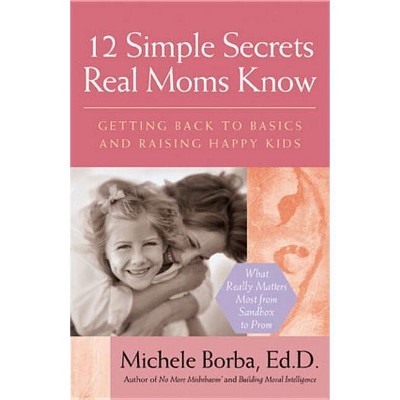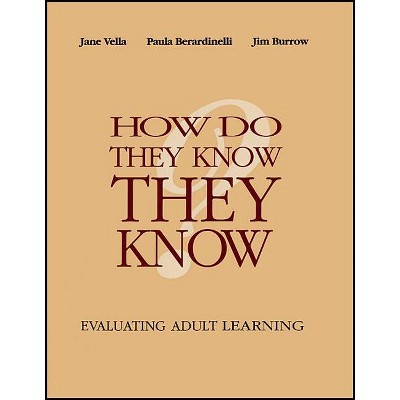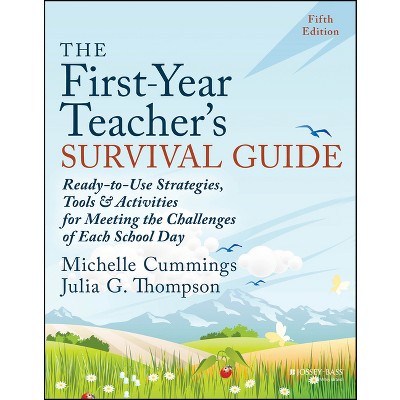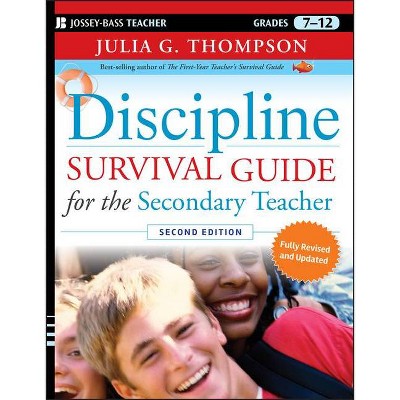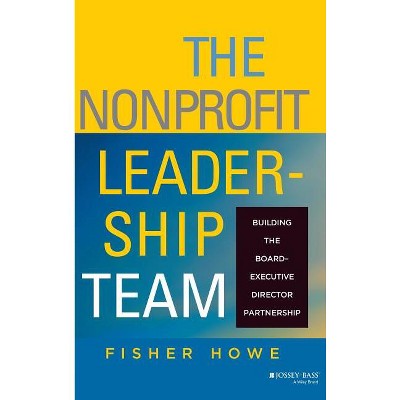About this item
Highlights
- Improve student outcomes with a new approach to relationships and networks Relationships matter.
- About the Author: JULIA FREELAND FISHER is director of education research at the Clayton Christensen Institute, a nonprofit, nonpartisan think tank.
- 192 Pages
- Education, Administration
Description
Book Synopsis
Improve student outcomes with a new approach to relationships and networks
Relationships matter. Who You Know explores this simple idea to give teachers and school administrators a fresh perspective on how to break the pattern of inequality in American classrooms. It reveals how schools can invest in the power of relationships to increase social mobility for their students.
Discussions about inequality often focus on achievement gaps. But opportunity is about more than just test scores. Opportunity gaps are a function of not just what students know, but who they know. This book explores the central role that relationships play in young people's lives, and provides guidance for a path forward. Schools can:
- Integrate student support models that increase access to caring adults in students' lives
- Invest in learning models that strengthen teacher-student relationships
- Deploy emerging technologies that expand students' networks to experts and mentors from around world
Exploring the latest tools, data, and real-world examples, this book provides evidence-based guidance for educators looking to level the playing field and expert analysis on how policymakers and entrepreneurs can help.
Networks need no longer be limited by geography or circumstance. By making room for relationships, K-12 schools can transform themselves into hubs of next-generation learning and connecting. Who You Know explains how.
From the Back Cover
IMPROVING STUDENT OUTCOMES BY DRAWING ON A DISRUPTIVE APPROACH TO RELATIONSHIPS AND NETWORKS
It's undeniable--personal connections open doors to new opportunities. Often, success hinges on our networks; however, today's schools are not designed to nurture the health of students' networks or to connect students in effective ways beyond their immediate world of teachers, family, and peers. Who You Know explores a fresh paradigm that gives educators and school administrators a model for breaking the pattern of inequality in our classrooms. The authors examine the critical role that relationships play in young people's lives, and show how schools can invest in the power of relationships to increase social mobility for their students.
Who You Know contains a review of the latest tools, data, and concrete examples and includes evidence-based guidance for educators and administrators. The book shows how to integrate student support systems that increase access to caring adults and explains why it is important to invest in the learning models that enhance teacher-student relationships.
In addition, the authors describe a burgeoning market of technology-enabled platforms that is starting to connect students in new ways. These platforms allow students to access an array of relationships that are otherwise out of reach, and give school leaders the tools to fundamentally disrupt traditional education models that close off, rather than open up, students' networks.
Who You Know outlines how relationships can become embedded in every aspect of a student's K-12 experience--not only to enrich learning, but also to nurture connecting.
About the Author
JULIA FREELAND FISHER is director of education research at the Clayton Christensen Institute, a nonprofit, nonpartisan think tank. She leads a team devoted to informing policymakers and community leaders on the power of disruptive innovation to transform schools.
DANIEL FISHER works as a subject matter expert for the U.S. government. Previously, he was an officer in the U.S. Army and a veterans' field representative for Congressman Joe Courtney (CT-02).







